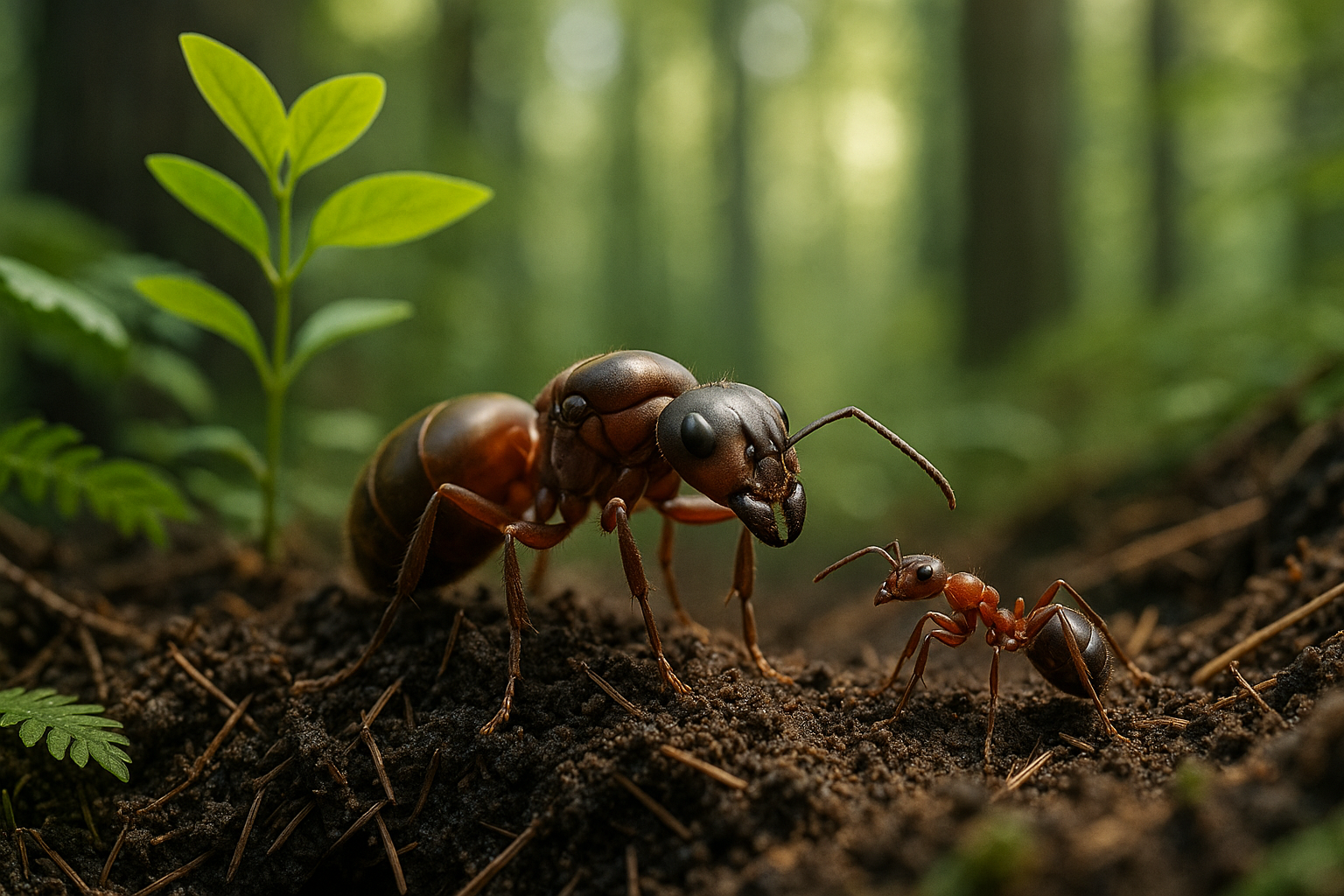Unmasking the Secret World of Ants: An Unsung Hero in Our Ecosystem
From your backyard to the densest rainforests, ants are amongst the most common insects on Earth. They play a pivotal role in our ecosystem, and their industrious nature has fascinated scientists for decades. This article unveils the secret world of ants, presenting a unique perspective on their ecological role, social behavior, and the latest research findings.

Ants: A Brief History and Their Evolution
Ants’ history dates back to the mid-Cretaceous period, about 130 million years ago. Their evolution is closely tied with flowering plants, which also experienced a significant evolutionary leap during this period. Ants have developed complex social structures and survival strategies that have allowed them to thrive in diverse habitats, from deserts to forests.
The Social Structure of Ant Colonies
Ant colonies are often compared to superorganisms due to their cooperative behavior and division of labor. Each colony has a queen, responsible for reproduction, and worker ants who care for the queen’s offspring, forage for food, and defend the colony. Some worker ants even take on specialized roles like seed harvesting or fungus farming.
The Ecological Role of Ants
Ants are nature’s premier soil turners. They help decompose dead plant material, promote soil aeration, and enhance nutrient recycling, thereby fostering plant growth. Moreover, ants are predators and prey, thus playing a vital role in maintaining the balance of the food chain.
Modern Research and Discoveries
Despite their small size, ants have a significant impact on their ecosystems. Recent studies show that they can sequester carbon, helping in the fight against climate change. Another fascinating discovery is the use of ‘antibiotics’ by some ants to control harmful bacteria in their colonies, a finding that could have significant implications for human medicine.
The Underestimated Power of Ants: Market Impact and Value
As scientists continue to explore ants’ potential, their ecological value is increasingly recognized. Ant farms, ant-keeping kits, and educational books about ants are gaining popularity, tapping into a market worth millions. However, the real value of ants lies in their contribution to our ecosystems, which is beyond any monetary estimation.
Conclusion
Ants are more than just picnic invaders; they are integral to our ecosystems. Their complex social structures, adaptability, and resilience offer endless opportunities for scientific discovery and hold lessons for humanity. As we continue to uncover their secrets, we slowly realize the true value of these tiny yet mighty creatures.




